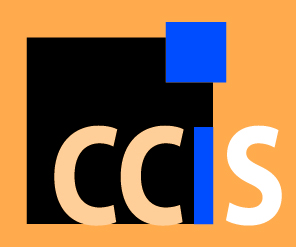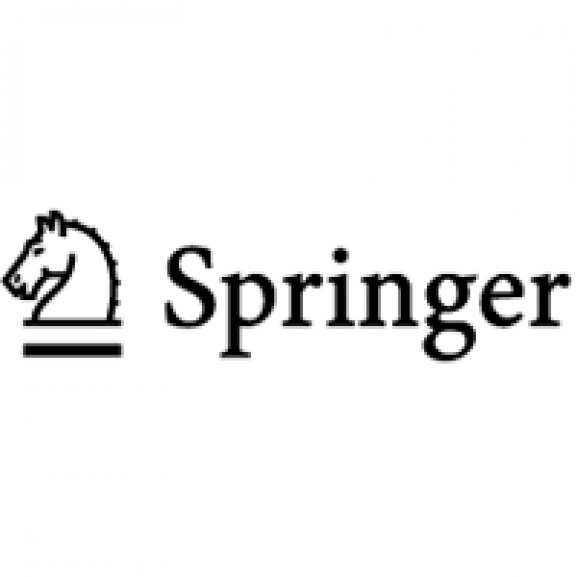| News |
- 17/03/2021: The Post-proceedings have ben published by Springer in the CCIS 1301 volume,
which is available for download for the next four weeks.
- 26/07/2019: FMFun website launched at fmfun.github.io
|
|
| Background and Objectives |
|
The largest transformations that universities make to industrial
practices is through releasing legions of graduates every year. These
graduates challenge established processes, and pave ways for new
approaches. The standard CS graduate leaves university with either no
knowledge of Formal Methods or a hatred for Formal Methods. Unless this
situation is changed, Formal Methods will never be accepted in industry.
This workshop explores ways of how to utilize this pathway to
transformation for spreading Formal Methods. In current practice, FM
are often taught by theoreticians, who (ab)use their FM courses to teach
theoretical concepts rather than putting FMs in a SE context. The
workshop's vision is that FMs ought to be taught in such a way that
every student can have fun with it. But how can this be achieved?
In order to answer this question the workshop welcomes participants from
Formal methods as well as from education to exchange their views and
perspectives. We aim to formulate a joint white paper that collects the
outcomes of discussion and activities at the workshop. This white paper shall
be circulated to educational bodies in charge of giving recommendations on
curriculum development and will be published in the postproceedings.
|
|
| Topics and Workshop Format |
|
The workshop invites contributions that address this question, which
include but are not limited to
- Experience reports by teachers and students;
- New teaching approaches, e.g. games;
- Education-oriented research or classroom experience;
- Innovative teaching techniques or pedagogical tools;
- Curricular innovations or initiatives;
- Innovative industry-education collaboration interventions;
- Didactics and methods of teaching and assessment;
- Combination of teaching and research;
- Post-hoc analysis of successes and failures in teaching and learning;
- Collaborative Learning;
- Technology transfer to industry;
- Developing student skills, e.g. on abstract thinking and logical reasoning;
- Comparison of formal methods from a teaching/learning perspective;
- Children education and formal methods;
for university and pre-university education.
The workshop will consist of contributed and invited talks, including
a living lab on teaching Formal Methods with Fun and facilitated discussions
leading to the formulation of the white paper.
|
|
Keynote Speakers |
- Magne Haveraaen, University of Bergen, Norway
- Peter Ölveczky, University of Oslo, Norway
|
|
| Submission and Publication |
|
Authors are invited to submit research contributions or experience reports via
Easychair.
All papers should be written in English and prepared using the specific LNCS
templates available at
http://www.springer.de/comp/lncs/authors.html.
The workshop welcomes three different categories of submissions:
- a) Regular papers: up to 15 pages + references;
- b) Short papers: 6-8 pages + references;
- c) Presentations: up to 4 pages + references.
Regular and Short papers need to make original contributions and
will be published by Springer as a
Communications
in Computer and Information Science (CCIS) post-proceedings volume.
Short papers and Presentations can discuss new ideas which are at an early stage of development and
which have not yet been thoroughly evaluated.
Submission of already publish work as a Presentation is welcome.
Submissions can take the form of research papers, position papers,
survey papers, reports on teaching experience, reports on learning experience.
There are plans for a follow-up special issue in a journal on education.
|
|
| Important Dates |
|
|
| Call for Papers
|
|
The Call for Papers is available in
Text
format.
|
|
| Program
Co-chairs |
- Antonio Cerone, Department of Computer Science, Nazarbayev University, Kazakhstan
- Markus Roggenbach, Department of Computer Science, Swansea University, UK
|
|
| Program Committee |
|
- Luís Barbosa, University of Minho, Portugal
- Hubert Baumeister, Technical University of Denmark, Denmark
- Antonio Cerone, Nazarbayev University, Kazakhstan (Program Co-chair)
- Ming Chai, Beijing Jiaotong University, China
- Sabine Glesner, Technical University Berlin, Germany
- Jan Friso Groote, Eindhoven University of Technology, The Netherlands
- Stefan Gruner, University of Pretoria, South Africa
- Klaus Havelund, NASA Jet Propulsion Laboratory, USA
- Magne Haveraaen, University of Bergen, Norway
- Karl Lermer, Zurich University of Applied Sciences, Switzerland
- Bas Luttik, Eindhoven University of Technology, The Netherlands
- Kathy Malone, Nazarbayev University, Kazakhstan
- Faron Moller, Swansea University, UK
- Hans de Nivelle, Nazarbayev University, Kazakhstan
- Peter Ölveczky, University of Oslo, Norway
- Carlo Gustavo Lopez Pombo, Universidad de Buenos Aires and CONICET, Argentina
- Lucia Rapanotti, Open University, UK
- Steve Reeves, University of Wakato, New Zealand
- Markus Roggenbach, Swansea University, UK (Program Co-chair)
- Holger Schlingloff, Fraunhofer FOKUS and Humboldt University, Germany
- Gerardo SchneiderChalmers | University of Gothenburg, Sweden
- Ben Tyler, Nazarbayev University, Kazakhstan
- Janis Voigtländer, University of Duisburg-Essen, Germany
- Ayman Wahba, Ain Shams University, Egypt
|
|
|
| Contact |
|
Inquiries concerning FMFun 2019 submissions and scientific programme
should be sent to fmfun2019@easychair.org
|
|



